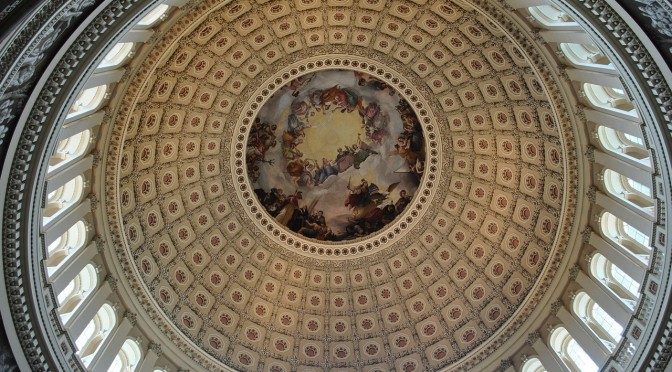Tag: Featured
-

U.S. Rep. Mike Pompeo
On the Joseph Ashby Show, United States Representative Mike Pompeo appeared two days after election day. Bob Weeks is the guest host.
-

Voice for Liberty Radio: Hydraulic fracturing: A conjured-up controversy?
In this episode of Voice for Liberty Radio: Dwight D. Keen is former chairman of the Kansas Independent Oil and Gas Association. He spoke to the Wichita Pachyderm Club on the topic “Hydraulic Fracturing: A Conjured-up Controversy.”
-

What the Wichita city council could do
While the proposed Wichita city sales tax is a bad idea, the city could do a few things that would not only improve its chance of passage, but also improve local government.
-

WichitaLiberty.TV: Primary election results, and a look forward
A look at some of the primary elections results this week. What did voters say, and what should we look for in the November general election and the future past that?
-

Sedgwick County elections: Commissioners
In Sedgwick County, two fiscally conservative commission candidates prevailed.
-

Elections in Kansas: Federal offices
Kansas Republican primary voters made two good decisions this week.
-

Charles Koch: How to really turn the economy around
Charles Koch offers insight into why our economy is sluggish, and how to make a positive change.
-

Wichita city budget to have public hearing
This week the Wichita City Council holds the public hearing for the budget.
-

In Kansas fourth district, fundamental issues of governance arise
The contest in the Kansas fourth district is a choice between principle and political expediency, and between economic freedom and cronyism.